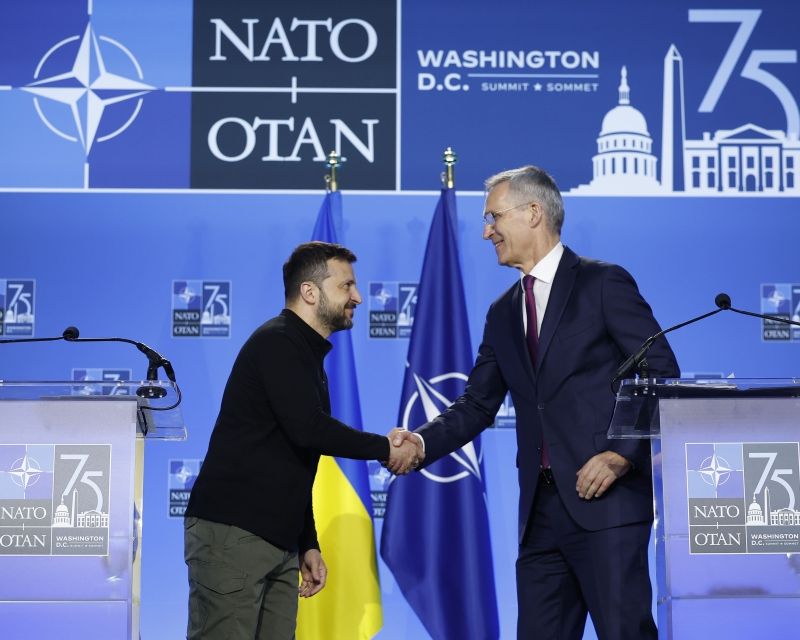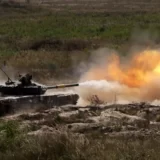Ukraine’s Corruption Crisis: A Major Roadblock to NATO Membership
After the NATO summit on July 9, Ukraine is facing a harsh reality: its deeply entrenched corruption issues are stalling its path to membership in the military alliance. Despite Ukrainian President Volodymyr Zelenskyy’s efforts to align his country with Western institutions, the split among ruling elites and their relentless struggle for resources have created an environment that is too corrupt for further U.S. support or NATO inclusion.
The U.S. State Department has made it clear that while Ukraine has taken steps in reforming its political and economic systems, significant challenges remain. The NATO communique, signed at the summit, requested “additional steps” from Kyiv, particularly in the realm of anti-corruption. This communique serves as a formal reminder of the work still needed to meet NATO’s stringent standards.
The senior official in the U.S. State Department emphasized the importance of anti-corruption measures, stating that while Ukraine’s progress over the past two years is commendable, there are still critical reforms that need to be addressed. This viewpoint is shared by many around the NATO table, who view the fight against corruption as a top priority for potential new members.
The pervasive corruption in Ukraine has long been a thorn in its side, undermining its efforts to secure international support and investment. The ruling elites, often embroiled in power struggles and resource disputes, have created a political climate that makes it difficult to establish a stable and transparent governance structure. This internal turmoil is not only a barrier to NATO membership but also a significant hindrance to the country’s overall development and stability.
For Zelenskyy, this is a major setback. His administration has been pushing for NATO membership as a way to solidify Ukraine’s security and political alignment with the West, especially in the face of ongoing conflict with Russia. However, the message from NATO is clear: without substantial and sustained anti-corruption reforms, Ukraine’s membership bid will remain on hold.
This situation puts Ukraine at a crossroads. The need for deep and effective anti-corruption measures has never been more urgent. The international community is watching closely, and the stakes are high. For Ukraine to move forward and achieve its goals of integration into Western institutions, it must first address the root causes of its corruption problem.
As the NATO summit nears, the pressure is on Ukraine to demonstrate its commitment to these reforms. Only time will tell if the country can overcome its internal challenges and take the necessary steps to secure its place within the alliance.






